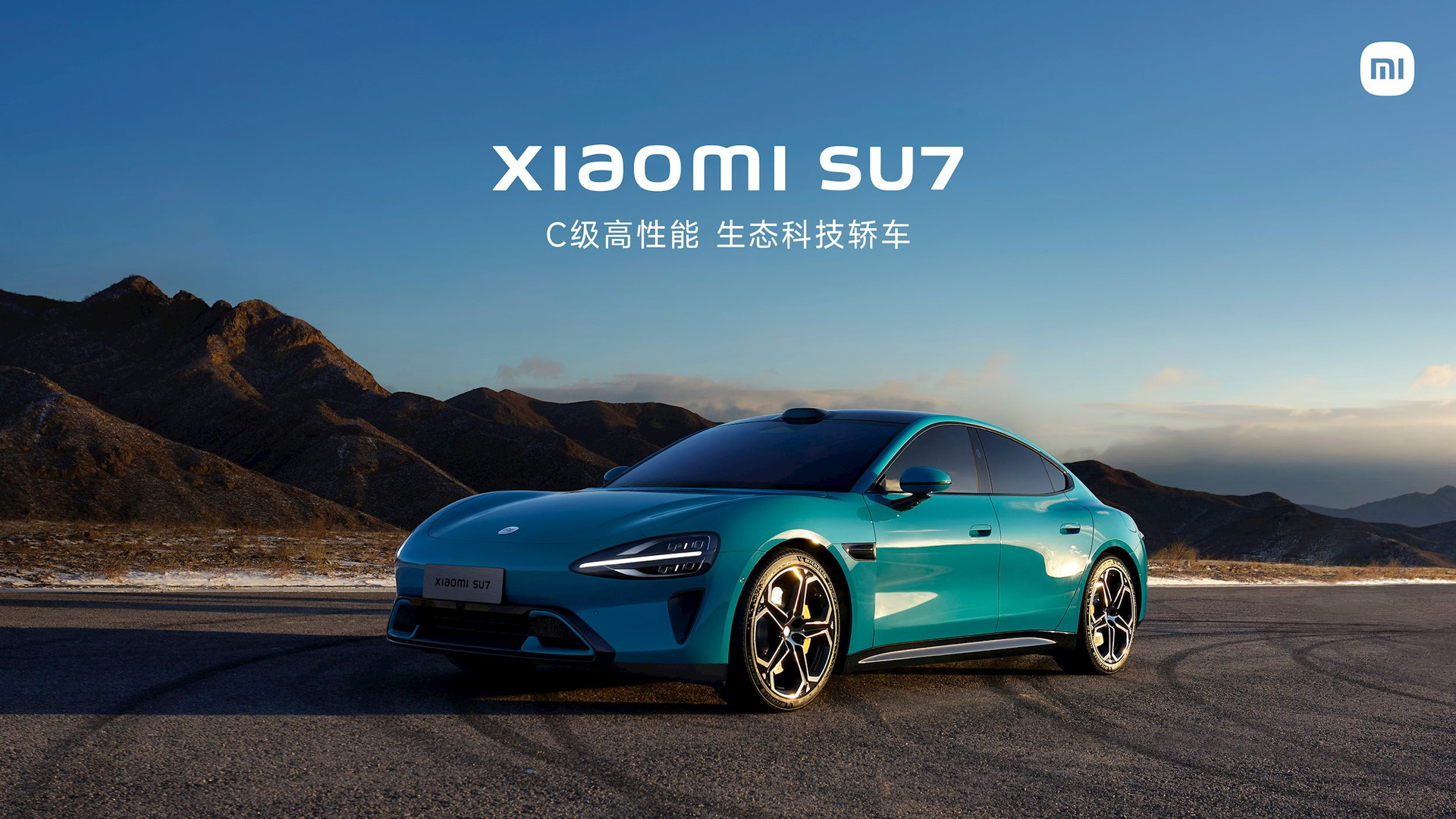“Xiaomi’s CEO Achieves what Apple Couldn’t: The Last Great Business Endeavor in a Lifetime”

In a surprising turn of events, Lei Jun, the CEO and Chairman of Xiaomi, often referred to as the “Steve Jobs of China,” has accomplished something that even Apple had to abandon after three years of effort. Xiaomi, the Chinese technology giant, has successfully developed and produced electric cars, leaving Apple behind in their wake.
A Bold Business Move
While Apple quietly shelved their multi-billion-dollar electric car project after a decade-long pursuit, Xiaomi is now rolling out electric vehicles from its production line in Beijing, with cars ready to hit the streets within minutes of production.
Lei Jun’s marketing acumen and boldness in transforming ideas into products have earned him the nickname “Steve Jobs of China.” Last week, he triumphantly stood on stage in Beijing to celebrate the successful creation of an electric car, just three years after unveiling his ambition. “Creating a car is so difficult that even a giant like Apple had to give up,” Lei Jun proudly stated.
The unveiling of the SU7 electric model caused a 12% surge in Xiaomi’s stock. The company has already received over 100,000 pre-orders, although many of them are refundable deposits.
From Copycat to Innovator
Since founding Xiaomi in 2010 with seven colleagues, the 54-year-old Lei Jun has transformed the company into the world’s third-largest smartphone manufacturer, with a diverse product portfolio that extends from “smart” suitcases to washing machines bearing the Xiaomi logo.
In 2021, Lei Jun made the boldest move the company has ever undertaken: announcing plans to mass-produce cars starting in 2024, with an initial investment of $1.5 billion. He refers to it as his “last great business endeavor.”
“Over the past three years, every day has been filled with anxiety and fear as I endeavored to create a car. It has been a tremendous burden on my mind,” Lei Jun admitted last week.
According to insiders, Lei Jun dedicated 70-80% of his time in the past year to Xiaomi’s electric car project. His ambition is to position Xiaomi as one of the top three electric vehicle manufacturers in China.
This move would also make Xiaomi one of the largest electric vehicle manufacturers globally. With a plant outside Beijing capable of producing 150,000 cars per year, which can be doubled with expansion, Xiaomi’s global presence, supported by distributors and smartphone stores worldwide, is expected to drive overseas car sales.
Lei Jun began his career as a programmer in Wuhan. In 1989, he and an older former student combined forces to create their first product: encryption software sold on floppy disks.
Lei Jun’s subsequent ventures included computer and software businesses, as well as printing and photocopying services. He later became the CEO of Kingsoft, a Chinese software company, and currently holds a 23% stake in the Hong Kong-listed firm, valued at $4 billion.
From Smartphones to Electric Cars
Three years after Steve Jobs unveiled the first iPhone in 2007, Lei Jun assembled a team to create a smartphone with similar features. Xiaomi’s handheld devices quickly gained popularity due to their high specifications and affordable prices. The company’s smartphones garnered a large user base thanks to extensive marketing efforts.
However, Xiaomi struggled to attract buyers in the premium segment, as their smartphones were priced similarly to Apple’s offerings. As a result, Xiaomi had to sell them with very low profit margins. In 2023, Xiaomi’s profit margin was 6.4%, compared to Apple’s 26%. The company’s estimated valuation is below $50 billion, roughly one-fifth of Apple’s market capitalization.
Frank He, a technology analyst at HSBC, predicts that Xiaomi’s car division will incur losses during the initial two years of scaling up. However, the company expects to generate small profits from each car sold and additional revenue from ancillary services for drivers.
Christoph Weber, the CEO of automotive software firm AutoForm, has worked with Xiaomi’s car division in Shanghai. He notes that Lei Jun appears ready to replicate his success by starting with a high-quality car. “They think like a technology company rather than a traditional automaker,” Weber remarked.
With Xiaomi’s entry into the electric car market, Lei Jun has achieved what Apple couldn’t. This daring move positions Xiaomi as a major player in the global automotive industry, with the potential to disrupt the market and influence the future of electric vehicles worldwide.
Find out more about the latest business news on Business Today.
